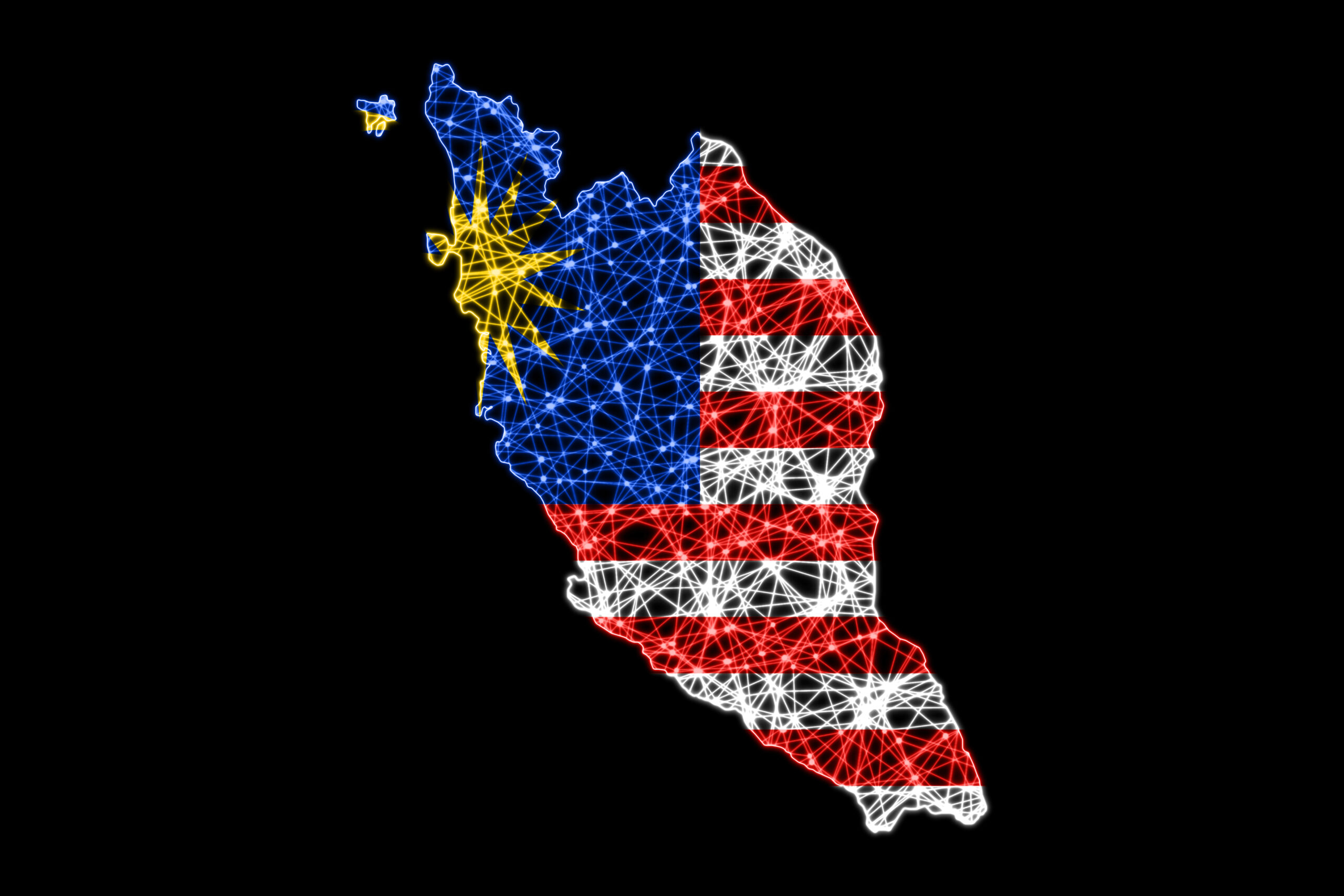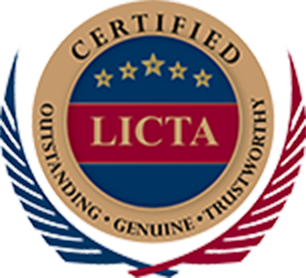Introduction
Labuan company taxation Malaysia plays a crucial role in positioning Labuan as a competitive international business and financial hub. Since 1990, Labuan has evolved from being labeled a tax haven to becoming a regulated International Business and Financial Centre (IBFC) under strict global tax standards.
What is Labuan?
Labuan is a federal territory of Malaysia, located off the coast of Sabah. It was designated as an International Offshore Financial Centre (IOFC) in 1990, aimed at attracting global investors.
- Early years: 3% fixed tax rate or RM20,000 cap led to low-tax perception.
- 2009 reforms: Allowed Labuan entities to opt into the mainstream Malaysian tax system, gaining access to double tax treaties.
- 2010 rebranding: Offshore label replaced with International Business Financial Centre (IBFC).
- 2019 reforms: Compliance with OECD BEPS requirements introduced stricter rules.
Legislative Framework
Fundamental Legislation
- Labuan Business Activity Tax Act 1990 (LBATA).
- Parallel laws governing companies and trusts.
2010 Expansion
- New laws for foundations, LLPs, financial services, and Islamic finance.
2018/2019 Amendments
- Labuan Business Activity Tax (Requirements) Regulations 2018
- Labuan Business Activity Tax (Amendment) Act 2020
These ensured alignment with OECD global tax standards.
What is a Labuan Company?
A Labuan company is incorporated under the Labuan Companies Act 1990, or a foreign Labuan company registered under it.
Labuan Entities include:
- Labuan companies, foundations, Islamic foundations
- Labuan partnerships & limited liability partnerships
- Labuan Islamic trusts & trusts
- Licensed Malaysian & Labuan banks
- Labuan financial institutions
- Any entity declared as a Labuan entity by the Minister
Labuan Company Taxation
Key Features
- Tax rate: 3% of audited net profits OR fixed RM20,000 annually.
- Choice: Entities may opt for Malaysian Income Tax Act regime to access treaty benefits.
- Exemptions: Certain foreign-sourced income may be exempt.
- Compliance: Entities must meet substance requirements under OECD BEPS rules.
Tax Residence Status
- If opting into the mainstream tax system, entities are taxed like Malaysian residents under ITA 1967.
- If under LBATA, the 3% or RM20,000 applies.
Example: Labuan Company Taxation vs Malaysia Normal Company
| Company Type | Tax Rate | Access to Treaties |
| Labuan Company (LBATA) | 3% net profits OR RM20,000 cap | Limited |
| Labuan Company (Opted ITA) | 17%–24% corporate tax rate | Yes |
Key Takeaways
- Labuan company taxation in Malaysia is governed by LBATA 1990.
- Offers 3% tax or RM20,000 cap, but limited treaty access.
- Entities may opt for normal Malaysian corporate tax system.
- Reforms aligned Labuan with OECD BEPS standards.
ANC Group – Your Personal Tax Advisor
Tax consulting is the core service of ANC Group. Our tax professionals provide clients with comprehensive tax support and guidance. We offer tax consulting and compliance services for expatriates, entrepreneurs, and listed and non-listed companies.
Our tax consulting services include business tax, transaction tax, personal tax, and corporate income tax. We don’t just guide you in interpreting and applying complicated taxation rules, but to explore new opportunities and business trends.
ANC Group keep you abreast with Malaysia tax updates and any changes in the local regulations.
We work closely with industry specialists, authorities, and associated professionals within ANC Group to provide the best-in-class integrated tax planning solutions. ANC specialists coordinate the accounting and taxation services to bring your business to success.
If you need professional tax advisory services regarding the Malaysia Income Tax Act 1967, our team is ready to assist you. Contact us here to discuss how we can support your business.










